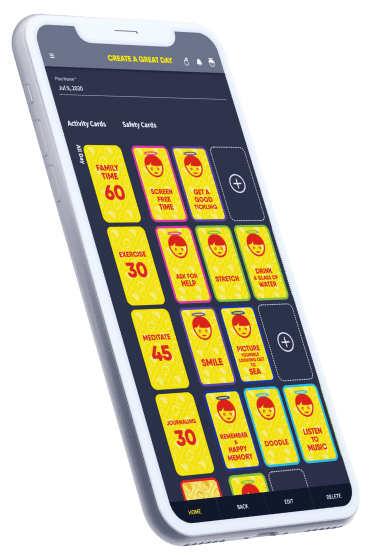There is a vast body of research pointing to a need for change in the way musculoskeletal pain is managed
clinically. There's another large set of literature that details how difficult "high value" pain care is to
implement.
Clearing red flags, avoiding scans and telling people to keep moving doesn't seem to fulfil the kind of care you
want to give your patients.
You're on a tight timeline, and your next patient is waiting for you. That makes it hard to truly understand the
complexity of someone's pain and life.
Even when you understand the need for a biopsychosocial perspective on chronic pain, you're often out of
referral options. It's a challenge to find the right education, movement therapy and psychological support
specifically for chronic pain.
Brain Changer can help you.
So, where do they turn to help someone with a complex pain problem that can't be fitted into a 15 minute appointment?
Stepped models of pain care have been shown to be effective at delivering the right care at the right time. For someone that's failing to progress with "usual care", Brain Changer is a step up that can help your patients to turn their health and lives around in a positive direction.
Physiotherapists, occupational therapists, exercise physiologists, osteopaths, chiropractors and other allied health play an important role in helping people with persisting pain get well again.
Brain Changer helps you supplement your movement and manual therapy practices with coaching that supports your clients to succeed with you.
Approval for the program for NSW, QLD and Victoria is pending, and may be accepted out of state in specific circumstances.
Brain Changer is suitable as a stand-alone referral for patients in rural and regional areas without access to clinical services.
Collaborative care is established for people referred within an existing health care team environment.
Brain Changer has specific inclusion criteria that private patients need to fulfil to determine their suitability for a self-management program.


- 12-week telemedicine-based pain recovery program
- Psychologically-informed personalised coaching delivered by registered health professionals
- App based pain self-management skill development program
- Curriculum-led pain education
- Graded exposure-based movement program
- Person-centred care across all health domains in context of pain treatment
- Care co-ordination with existing health professionals
Progress reports are issued at intake, 6 weeks and 12 weeks for compensable clients, and at completion for private clients. Care co-ordination during the program is as needed by the client, coach and health care team particularly involving medication changes and shared goal setting.
- Understanding a contemporary, neuroscience-based model of pain and making sense of persisting pain in a whole-person context.
- Movement-based rehabilitation based on models of exposure and expectancy violation
- Pain self-management skills practice of pacing, danger detection and safety signaling.
- Mindfulness and self-regulation training
- Lifestyle strategies for stress, sleep, diet and social connection.
- Values identification and goal-achievement systems
- Flare up planning and long-term helpful habit formation
- Pain self-management skills practice of pacing, danger detection and safety signaling.
- Mindfulness and self-regulation training
- Lifestyle strategies for stress, sleep, diet and social connection.
- Values identification and goal-achievement systems
- Flare up planning and long-term helpful habit formation